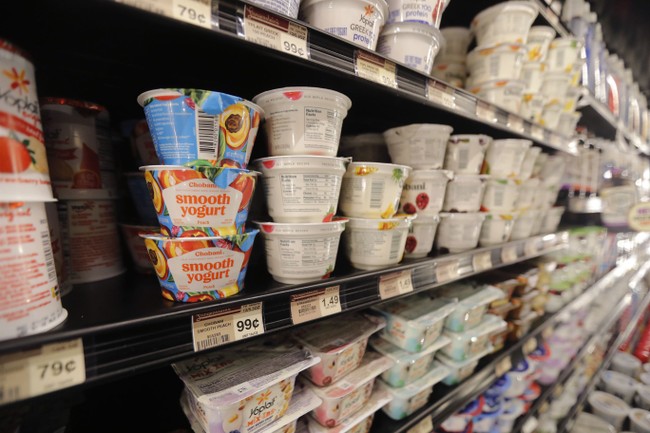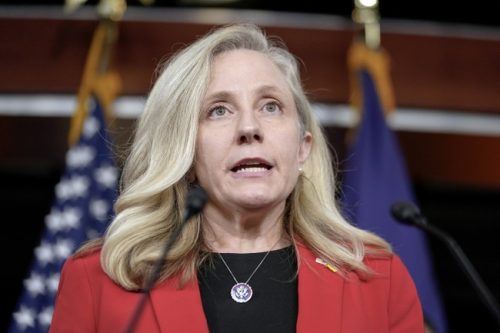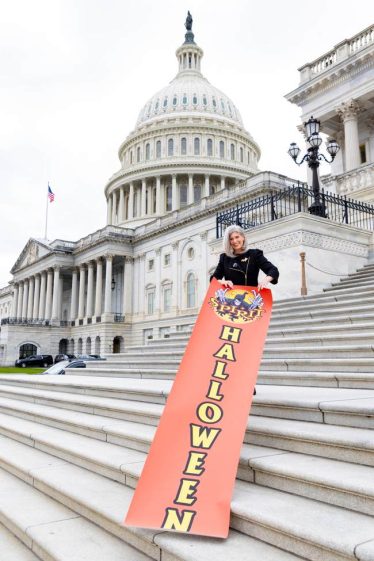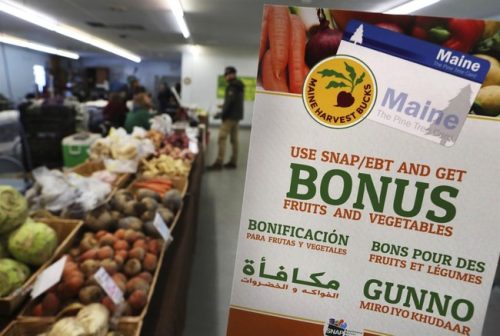Judges ordered the Biden-era holdover to tap contingency funds to keep SNAP running during the shutdown, but the administration insists it lacks authority and says Democrats must reopen the government. Courts and the USDA are now clashing over who controls spending during the so-called Schumer Shutdown, and the legal fight is already shaping up to an appeal. This piece walks through the rulings, the administration’s defense, and the political context driving the dispute.
Two federal judges have ruled that the administration must use contingency funds to pay Supplemental Nutrition Assistance Program benefits during the shutdown. The orders landed amid frantic planning inside the USDA as officials warned SNAP could run out of cash for November.
BREAKING: Judges order the federal government to use contingency funds for SNAP food aid payments during the shutdown. https://t.co/PIUSafMAHb
— The Associated Press (@AP) October 31, 2025
Two federal judges ruled nearly simultaneously on Friday that President Donald Trump’s administration must to continue to fund SNAP, the nation’s biggest food aid program, using contingency funds during the government shutdown.
The rulings came a day before the U.S. Department of Agriculture planned to freeze payments to the Supplemental Nutrition Assistance Program because it said it could no longer keep funding it due to the shutdown.
The program serves about 1 in 8 Americans and is a major piece of the nation’s social safety net. Word in October that it would be a Nov. 1 casualty of the shutdown sent states, food banks and SNAP recipients scrambling to figure out how to secure food. Some states said they would spend their own funds to keep versions of the program going.
The administration’s lawyers have maintained the wider point Republicans have been making: contingency funds are limited and not designed to cover an open-ended lapse in appropriations. The Trump administration has long said it doesn’t have the legal authority to use the contingency funds to pay for SNAP benefits during the prolonged Schumer Shutdown.
Court orders like these put judges into the middle of fiscal fights that are supposed to be resolved in Congress. Many conservatives argue a judge dictating how executive contingency accounts are spent crosses separation-of-powers lines, especially when Congress controls appropriations. The point that judges are stepping into budget decisions fuels calls on the Hill to act instead of relying on courts.
“The steps involve finding an equitable way of reducing benefits,” U.S. District Judge Indira Talwani told lawyers during a Thursday hearing. That line was part of the reasoning judges used while trying to balance the immediate need for benefits against what they view as temporary executive authority. Talwani has a recent record of activist rulings, which critics say shows judges are shaping policy from the bench.
The White House response has been blunt: reopen the government and restore funding through the normal appropriations process. The Trump administration says the best way to restore SNAP funding is for Democrats to vote to reopen the government.
Agriculture Secretary Brooke Rollins publicly made the same point, urging lawmakers to end the shutdown and let Congress do its job on funding. Earlier today, Agriculture Secretary Brooke Rollins also echoed the call to Democrats to open the government.
Observers expect the administration to appeal the rulings quickly, arguing both legal and constitutional errors. It is likely the Trump administration will appeal these rulings.
The political backdrop matters: Republicans portray this as another example of congressional Democrats using brinksmanship rather than negotiating, while Democrats argue courts must protect vulnerable families. The dispute over who pays for SNAP during a shutdown is a snapshot of a deeper fight about priorities, power, and the proper roles of courts, executives, and Congress.






